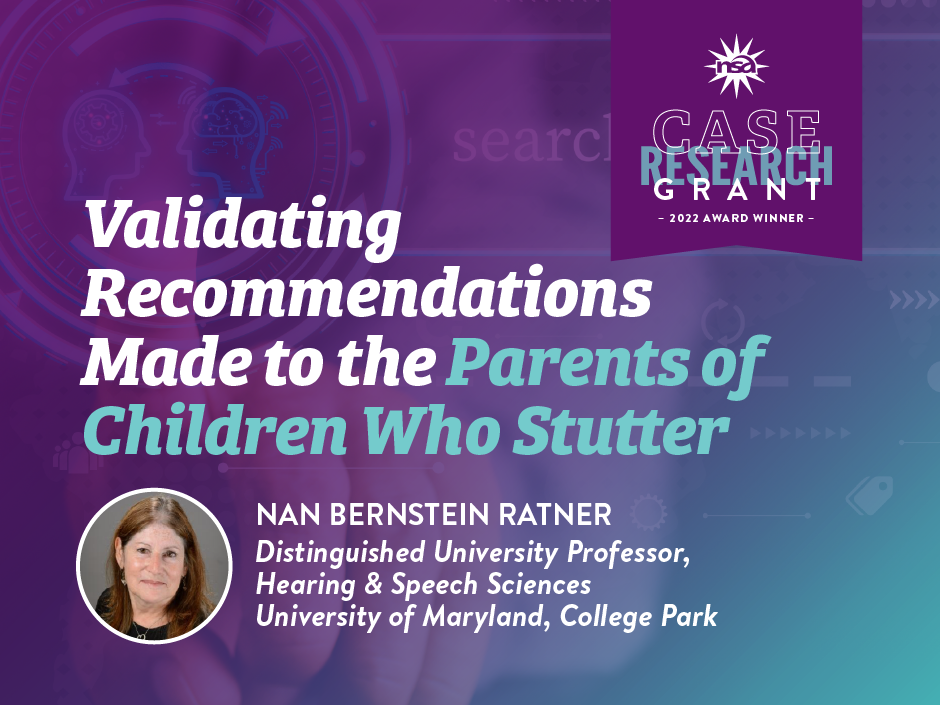Essential Tips for Parents of Children Who Stutter
- National Stuttering Association
- Aug 7, 2024
- 3 min read
Updated: Feb 5, 2025
You have a child who stutters, so you know that there is no magic “overnight” cure. New and important developments in education and therapy are happening all the time. In the meanwhile, there is so much that you, your child, and others in your child’s life can do. The NSA’s goal is to empower you and your child with knowledge, understanding, and hope that will help to build your child’s chances of successful speech development. Here are 10 things you can do now to help your child:
1. Learn about stuttering
You can help yourself understand your child’s journey by gaining more knowledge about stuttering. Knowing the facts can help both you and your child better cope with the complexities of this often-confusing communication disruption.
2. Evaluate your family’s communication style
Make time each day for quality, relaxed talking time with your child. Many families today are faced with both parents working and less time available for conversation. A hurried atmosphere creates unnecessary stress that can make it harder for your child to communicate successfully.
3. Listen to your child
Listen to your child’s message, not the stuttering. Rather than concentrating on the way your child is talking, listen to their ideas. Let them know that what they are saying is more important than how they are saying it.
4. Talk with your child
To the extent that he or she is comfortable or willing, talk openly with your child about stuttering. Keeping the lines of communication open can serve to create an atmosphere of sharing between you and your child. Open communication allows your child to know that they can talk to you about how they feel about their stuttering, and this can help them know that they are not alone in dealing with this challenge.
5. Choose appropriate therapy
One of the most important steps is to find appropriate therapy for your child. Seek a speech therapist who is knowledgeable about the treatment of childhood stuttering, and work closely with your therapist to ensure the best possible outcome for your child. A list of speech-language pathologists who are board-recognized specialists in stuttering can be found through the American Board of Fluency and Fluency Disorders' website.
6. Get involved
Parents need to be educated, trained, and informed in all aspects of therapy. You can become a partner in the therapy process by learning about the complexities of stuttering and stuttering therapy. Try to understand what your child is experiencing. Your child needs to manage their stuttering on his own but knowing that you are willing to be "in the trenches" with them creates an important bond.
7. Be heard
You are your child’s best advocate. As you increase your knowledge and understanding of stuttering, you gain the tools to support your child’s long-term success. Often, parents need to educate the people in the child’s environment about stuttering and speech therapy. You can also teach your child to advocate for himself by helping them talk to teachers and others about their speech and about what they have learned in therapy.
8. Learn to accept your child’s stuttering
Children can learn to accept and manage stuttering in a variety of ways. Stuttering is a very small part of who your child is and even less a part of who they will become. Stuttering creates NO limitations; Acceptance is the key. You need to know that you are your child’s "safe place." Your child needs to know that your love and acceptance are unconditional, whether or not he or she stutters.
9. Give yourself a break
As you, your child, and your family navigate the journey of addressing stuttering, remember that change can be gradual. Be patient and allow yourselves to progress with small and varied steps at your own pace.
10. Get Connected
The National Stuttering Association (NSA) is dedicated to providing hope, empowerment, and support for you and your child. Through our connection network, you can be a part of a community of families and children just like yourselves throughout the United States. The greatest gift that you can give yourself and your child is the knowledge that you are not alone, and that support is available!




Comments